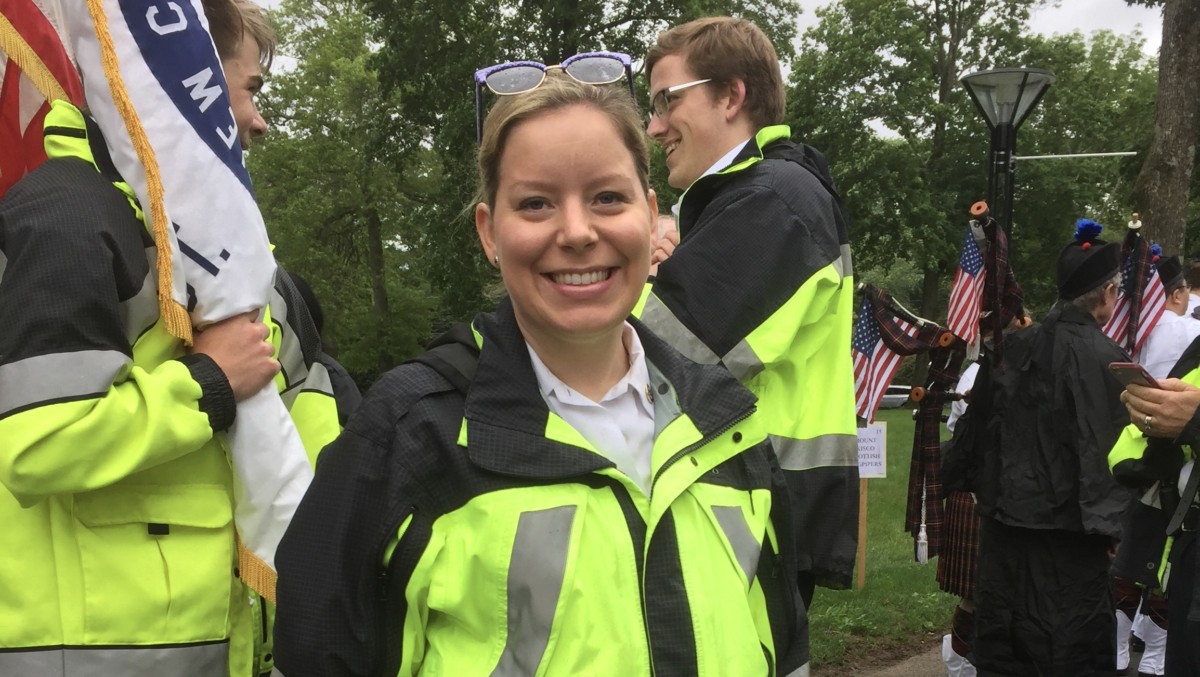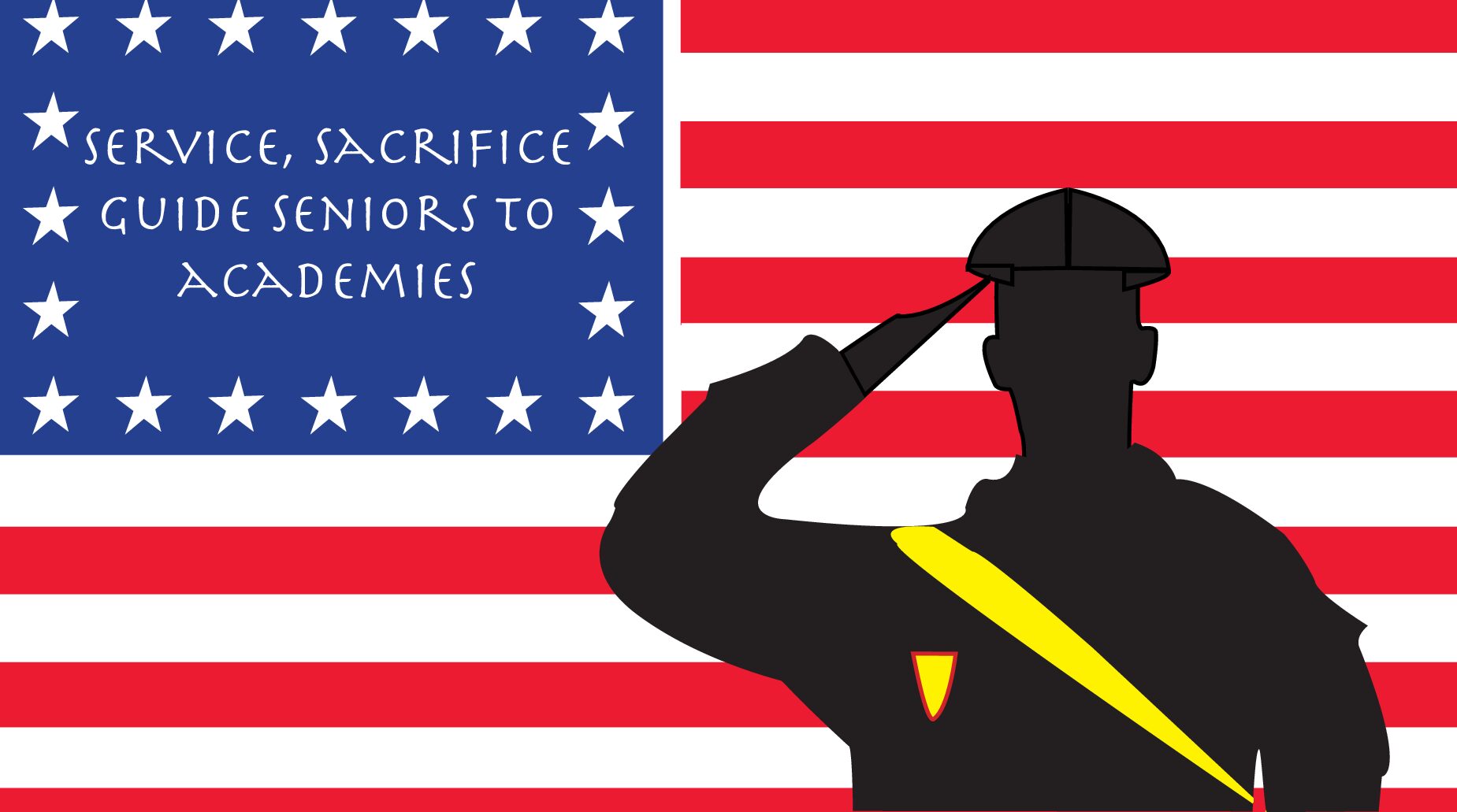Imogen Rawlings-Green, Editor
@irawlingcourant
Not only have first responders adapted to changing protocols, but they have also adapted to changing interactions towards the community and each other. After interviewing several first responders, it seems that the COVID-19 pandemic has brought a wave of bittersweet emotions. While there is fear and anxiety when going to work every day and facing numerous deaths, there is also pride in the community of the first responders that have come together to fight the virus every day.
Fear and Anxiety
Facing this global pandemic, there is heightened fear and anxiety no matter what job you pursue – whether it be a small business owner who must rethink business tactics, a grocery store worker facing new safety precautions, or a first responder helping patient after patient. New Canaan Emergency Medical Technician (EMT), former flight nurse, and acute care nurse practitioner Tracy Evans said: “I hear people say, ‘You knew what you were getting into’ and ‘This is what you signed up for’ and ‘You are being paid,’ but I don’t think any of us anywhere in the world planned to come in and do a job where we didn’t feel safe.”
Ms. Evans says that first responders, like herself, were “joined by a common bond of donating our time to do something that we are passionate about” even before the pandemic. When the pandemic swept across the globe, she said there became a time of fear. “There was fear that we would get sick on a call, fears that we would take it home. For a while we didn’t really know how to interact with each other around headquarters, trying to keep the six-foot distance, trying to wear masks,” Ms. Evans said. “I think we are relieved that the call volume is slowing and I think we are becoming a bit more social now.”

Bridgeport EMT Kevin Burwell said that the attitude of crews is extremely stressed and tired. “I have been in Emergency Medical Services (EMS) for 28 years. I have never had to deal with something like this,” Mr. Burwell said. “Early on, the anxiety of getting exposed and sick was extreme. I have never felt such anxiety reporting for duty. It has gotten better with time, and I have never stopped providing the best care possible.”
Making a Difference
While Mr. Burwell points out there is sadly not much he can do to treat the virus he still feels he is making a difference in improving his patient’s comfort.
Despite the newfound fears amongst health care workers, there is also a feeling of gratefulness in helping others when many need it. “I have to believe that I am a small pebble in a big rock quarry that is a network of people. Together we make a difference,” Ms. Evans said. “I don’t think anybody can make a difference by themselves.”
New Canaan EMT Bonnie Rumilly said, “Every day I wake up and feel that my EMT colleagues and I are doing everything we can to fight COVID-19. We are doing our absolute best in this difficult time.”
One New York EMT deployed into Brooklyn said, “I can only hope I made a difference. It’s up to the people to listen to and follow the rules.”
Sense of Pride in the Community
Whether it be applauding first responders from apartment buildings or donating masks to hospitals, there is most certainly a triumphant pride in communities fighting COVID-19. “We are all part of this huge family in the EMS and medical field,” a New York EMT said. “There are days that we wanna yell and scream at each other, but at the end of the day, we band together and get stuff done.”
Ms. Rumilly expresses her gratitude on behalf of the New Canaan EMS organization that is completely run by volunteers. “Members are extremely dedicated, hard-working, and ever passionate about delivering the highest level of care to the residents of New Canaan,” she said. “I have to say the attitude of our members has become even more steadfast and passionate. We all have such a deep love for the town, it motivates us to work even harder during these times. We band together like a close-knit family, just as we did after 9/11, in the face of difficult times.”
Mr. Burwell, explains that from this pandemic he has an extreme sense of pride in his fellow first responders. “Personally I feel the pandemic has made the layperson understand what EMS does on a daily basis,” Mr. Burwell said. “The appreciation of EMS is astounding and I am grateful.”
Ms. Evans reminds us to thank everyone in the front lines that have stepped up to help fight the virus: “I think that we forget some of the people on the front lines, especially housekeeping, environmental services at the hospitals who are as much at risk or more at risk than we are. We hear on the news about nurses, doctors, paramedics but we don’t always hear about respiratory therapists, X-Ray technicians, IV phlebotomists. We don’t hear about them because we tend to lump them in. I think that can be a little demoralizing. I think we, as a community first responders, have risen to the occasion.”
While there is still anxiety for first-responders heading to another day of work and risking catching COVID-19, it seems the sense of pride and making a difference in the community overrides these fears.




